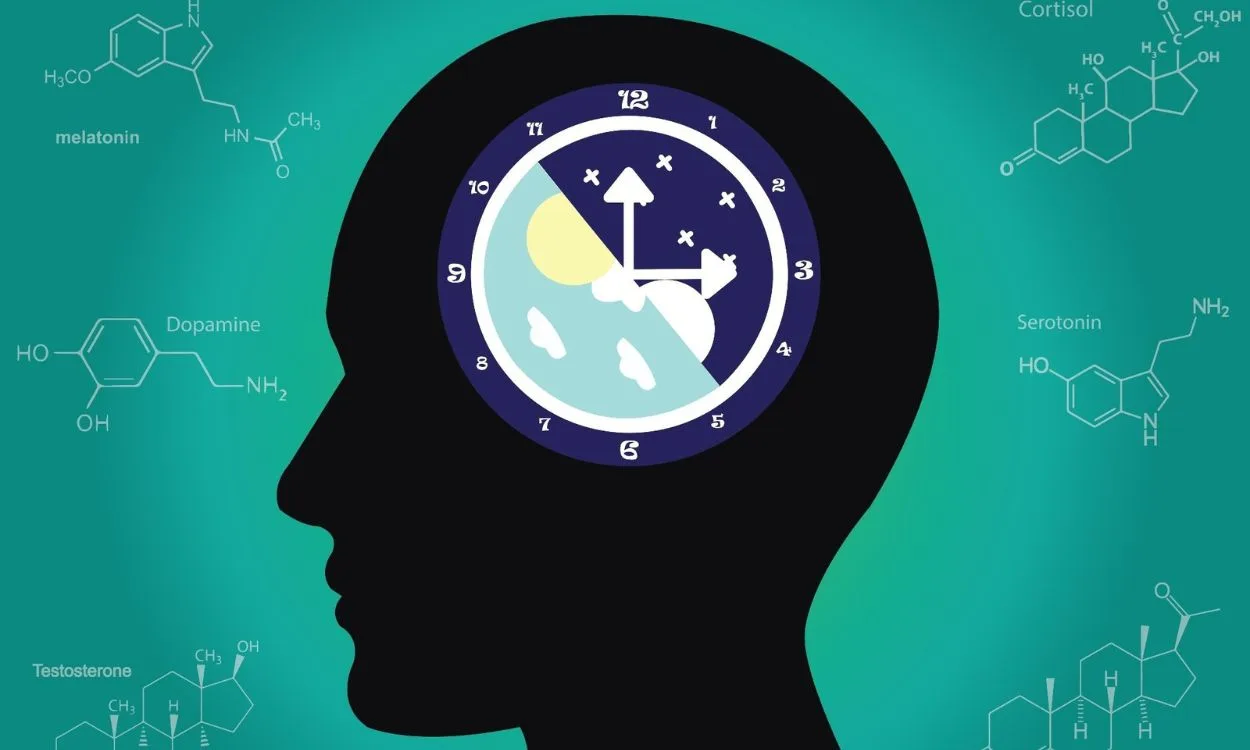How Does Sleep Affect Hormone Regulation?
Sleep is a fundamental aspect of our daily lives that plays a crucial role in maintaining our overall health and well-being. It is during sleep that our body undergoes various restorative processes, including the regulation of hormones. Hormones are chemical messengers that control numerous bodily functions, including metabolism, growth, reproduction, and mood. Adequate and quality sleep is essential for maintaining proper hormone regulation in the body. In this article, we will explore the intricate relationship between sleep and hormone regulation and understand why getting enough sleep is crucial for our overall health and vitality.
The Sleep-Hormone Connection
- Melatonin: Melatonin is a hormone that regulates our sleep-wake cycle, also known as the circadian rhythm. It is produced by the pineal gland in the brain and is responsible for signaling the body when it’s time to sleep. Melatonin production is influenced by exposure to light and darkness. It rises in the evening, promoting sleepiness, and decreases in the morning, signaling wakefulness.
- Cortisol: Cortisol is commonly known as the stress hormone. It is produced by the adrenal glands and plays a vital role in the body’s response to stress. Cortisol levels typically follow a diurnal pattern, with the highest levels in the morning and the lowest levels at night. Adequate sleep helps maintain a healthy cortisol rhythm, ensuring optimal stress response and energy balance throughout the day.
- Growth Hormone: Growth hormone is crucial for cell growth, tissue repair, and overall development. It is primarily released during deep stages of sleep, specifically during slow-wave sleep (SWS). SWS is a deep, restorative sleep stage that allows the body to repair and regenerate tissues. Insufficient sleep can disrupt the release of growth hormone, leading to impaired growth, muscle recovery, and overall health.
- Leptin and Ghrelin: Leptin and ghrelin are hormones that regulate appetite and satiety. Leptin is produced by fat cells and signals a feeling of fullness to the brain, while ghrelin, produced by the stomach, increases appetite. Sleep deprivation disrupts the balance between these hormones, leading to increased hunger, cravings for high-calorie foods, and potential weight gain.
Sleep Deprivation and Hormonal Imbalance
- Insulin Resistance: Chronic sleep deprivation can lead to insulin resistance, a condition in which the body’s cells become less responsive to insulin. Insulin is a hormone that regulates blood sugar levels. When cells are resistant to insulin, glucose remains in the bloodstream, potentially leading to diabetes and weight gain.
- Increased Cortisol Levels: Lack of sleep can elevate cortisol levels, causing chronic stress and inflammation in the body. Elevated cortisol levels have been linked to weight gain, increased appetite, and the accumulation of abdominal fat.
- Decreased Testosterone: Sleep deprivation has been associated with decreased testosterone levels in both men and women. Testosterone is a hormone responsible for maintaining muscle mass, bone density, and sexual function. Low testosterone levels can result in reduced libido, muscle weakness, and decreased energy levels.
- Thyroid Dysfunction: Sleep deprivation can disrupt the function of the thyroid gland, which regulates metabolism. Thyroid dysfunction can lead to weight gain, fatigue, and mood disturbances.
The Importance of Healthy Sleep Habits
- Duration and Quality: Aim for 7-9 hours of uninterrupted sleep each night. Create a sleep-friendly environment by ensuring a comfortable mattress and pillow, minimizing noise and light, and maintaining a cool room temperature.
- Consistency: Establish a consistent sleep schedule by going to bed and waking up at the same time every day, even on weekends. This helps regulate the body’s internal clock and promotes better sleep quality.
- Sleep Hygiene: Practice good sleep hygiene by avoiding stimulating activities close to bedtime, limiting exposure to electronic devices, and creating a relaxing bedtime routine.
- Bedtime Rituals: Incorporate relaxation techniques such as reading, listening to calming music, or taking a warm bath before bed. These rituals can help signal to your body that it’s time to wind down and prepare for sleep.
Transform Your Sleep with Fitpaa
If you struggle with sleep issues or want to optimize your overall well-being, Fitpaa can help. Fitpaa’s advanced AI-driven technology and personalized health and fitness plans can assist you in achieving better sleep and hormone regulation. Through lifestyle medicine and behavioral therapy, Fitpaa provides a comprehensive approach to strengthening your body’s organ systems and delivering guaranteed results.
By taking the Fitpaa Metabolism Assessment, you can identify any underlying factors that may be affecting your sleep and hormone regulation. Fitpaa’s expert team of fitness coaches, nutritionists, and doctors will then create a personalized Fitpaa Capsule, tailored to your specific needs and goals.
With the Fitpaa app, you’ll have access to real-time guidance, habit-building techniques, and support from your fitness planner to ensure you stay on track with your sleep and overall health goals. Fitpaa’s holistic approach, combining medical therapy, exercise therapy, nutrition therapy, and cognitive-behavioral therapy, will optimize your metabolism and help you achieve your health and fitness goals with a 100 percent guarantee.
Don’t let sleep deprivation and hormonal imbalance hinder your well-being. Experience the transformative power of better sleep and download the Fitpaa app today. Your journey towards a healthier, fitter, and more fulfilled life starts now.









